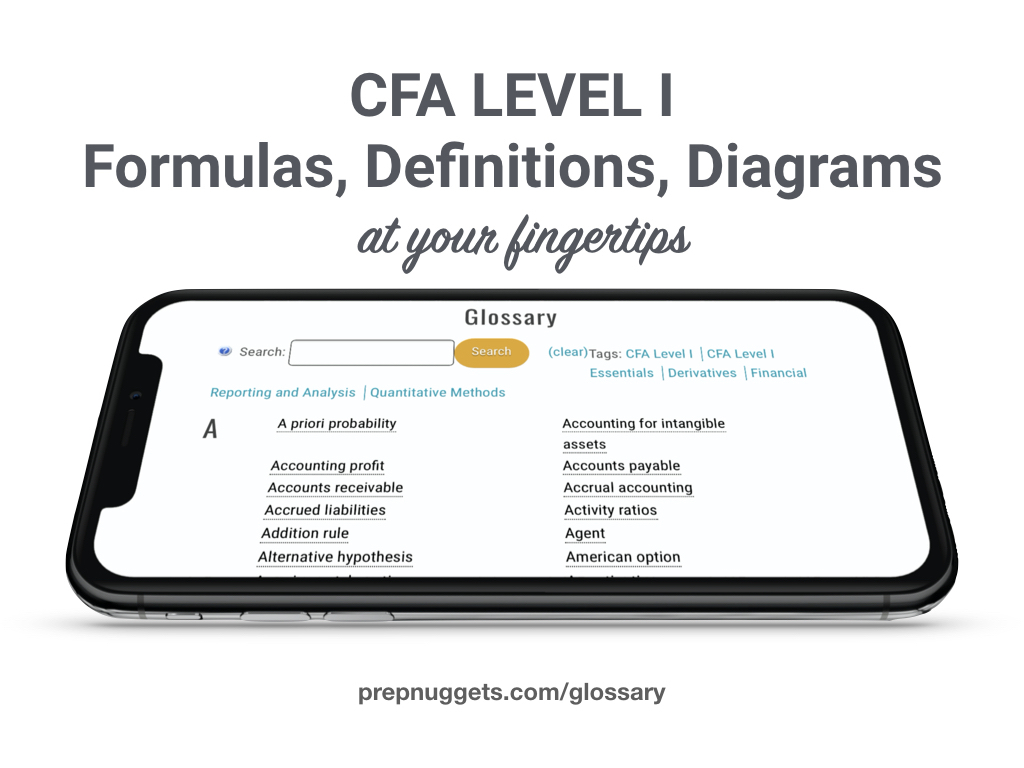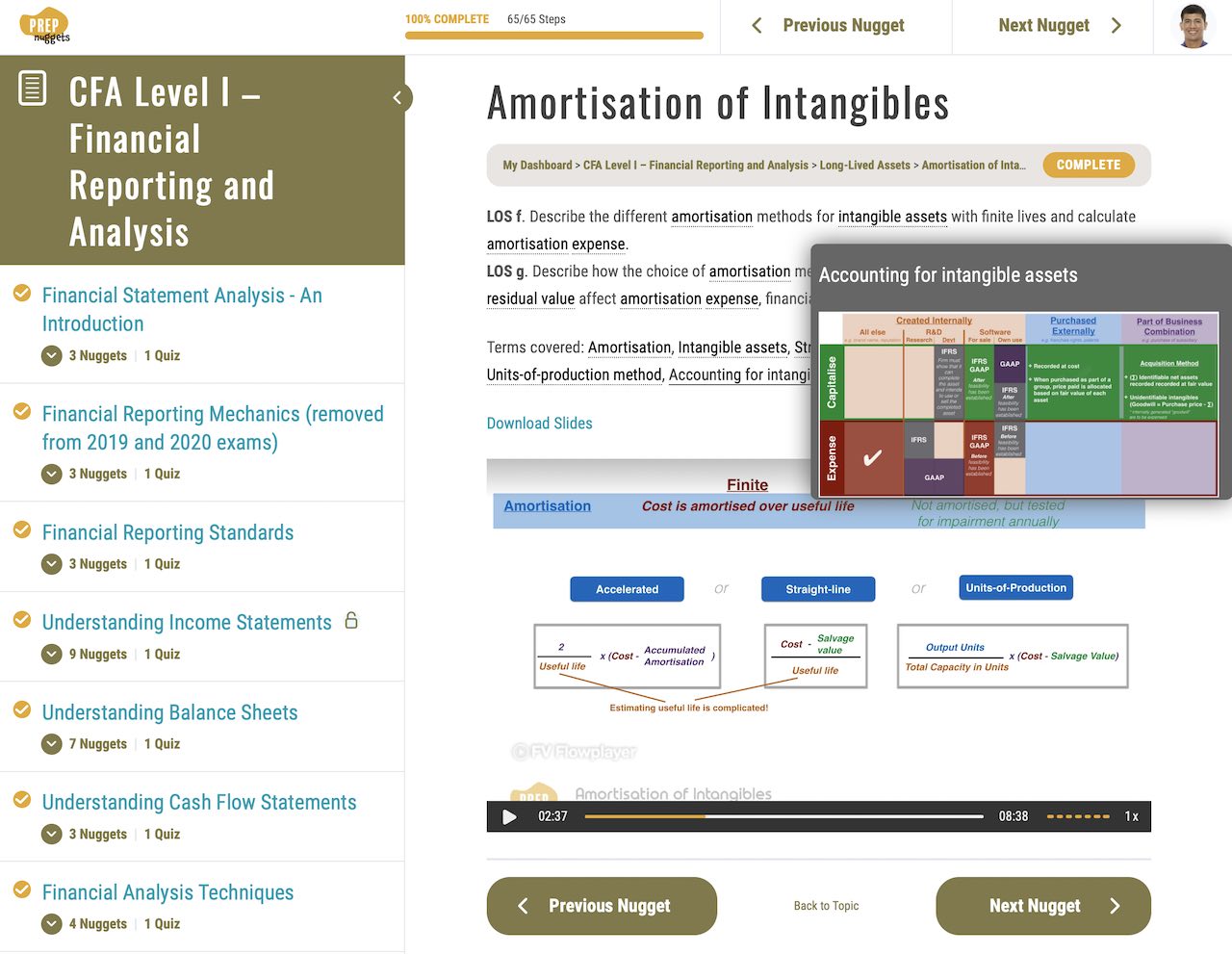Mastering Ethics for the CFA Level 1 Exam: A Comprehensive Guide
Welcome to the world of ethics! Navigating the ethical landscape of the finance world can be tricky, but fear not, dear CFA candidate! This article will guide you through the key readings on ethics for the CFA Level 1 exam. With a dash of humor and a spoonful of real-world examples, we’ll make sure you’re prepared to tackle the Ethics topic with confidence.
Ethics and Trust in the Investment Profession
Welcome to a deep exploration of ethics in the investment profession. Understand the role of ethics, the challenges in maintaining ethical behavior, and the dance between ethical and legal standards. Gear up to harness these insights not just for professional growth but as guiding principles for life.
- Importance of Ethics: Get a comprehensive understanding of ethics in the investment profession, and tackle the challenges in maintaining ethical behavior.
- Ethical Code and Standards: Understand the importance of professional codes and standards in guiding ethical conduct, and learn to make ethical decisions using a robust framework.
Code of Ethics and Standards of Professional Conduct
Next, we’ll dive into the CFA Institute’s Code of Ethics and Standards of Professional Conduct. The folks at the CFA Institute Board and Disciplinary Review Committee are like the referees, checking for foul play and dishing out penalties, which can be anything from a warning to a complete game over – losing your CFA charter. They’re tipped off by things like self-disclosures, complaints, or even a spicy news article. And guiding all their decisions? The Code of Ethics and Standards of Professional Conduct, which lay down the law for all investment pros.
Click here to discover the key principles of the code of ethics and standards of professional conduct in the investment profession.
Guidance for Standards I to VII
Embark on a journey to understand the ethical core of finance through the seven Standards of Professional Conduct. Uncover their unique components and the art of decoding their practical applications. Absorb these standards as your guide to upholding professional integrity.
- Introduction to the Standards of Professional Conduct: Unravel the seven standards of professional conduct, learn their unique components, and adopt a proactive study approach with case studies and practice questions.
- Standard I: Professionalism: Navigate the four parts of professionalism: knowledge of the law, independence and objectivity, misrepresentation, and misconduct, and learn their practical applications.
- Standard II: Integrity of Capital Markets: Delve into safeguarding capital markets, comprehend insider trading and market manipulation, and understand practical examples of these concepts.
- Standard III: Duties to Clients (A, B): Master Standard 3A and 3B by learning to prioritize investor interests, manage portfolios with loyalty, prudence, and care, and grasp the concept of fair dealing with clients.
- Standard III: Duties to Clients (C, D, E): Understand the importance of suitability in client advisory, the need for accurate and fair performance presentation, and the essence of preserving client confidentiality.
- Standard IV: Duties to Employers: Understand the nuances of loyalty to employers, manage additional compensation arrangements, and comprehend supervisory responsibilities with practical examples.
- Standard V: Investment Analysis, Recommendations, and Actions: Learn to maintain appropriate records, understand the importance of retaining materials used in analysis, and know the protocol when leaving a firm.
- Standard VI: Conflicts of Interest: Master the delicate balance between personal and professional transactions, learn to handle referral fees, and understand the importance of full and fair disclosure.
- Standard VII: Responsibilities as a CFA Institute Member or CFA Candidate: Learn the expected conduct in CFA Institute programs and understand the proper ways to represent your CFA affiliation ethically.
Introduction to the Global Investment Performance Standards (GIPS)
Last but not least, we’ll introduce you to the Global Investment Performance Standards (GIPS). GIPS is like a universal language for investment performance presentation, ensuring fairness and transparency. It sets the best practices, aiming to foster investor confidence and enhance competition among investment firms. Firms adopting GIPS must do so entirely, and while compliance is voluntary, third-party verification can bolster credibility.
Ready to dive deeper? Click here.
Conclusion
And there you have it, future ethical finance gurus! We’ve covered the essential readings for the Ethics topic of the CFA Level 1 exam. As you prepare, don’t forget to keep things light and engaging by discussing ethical dilemmas with your peers or mentors. Remember, a strong ethical foundation is crucial for success in the finance industry. Best of luck, and may your ethical compass always point true north!










